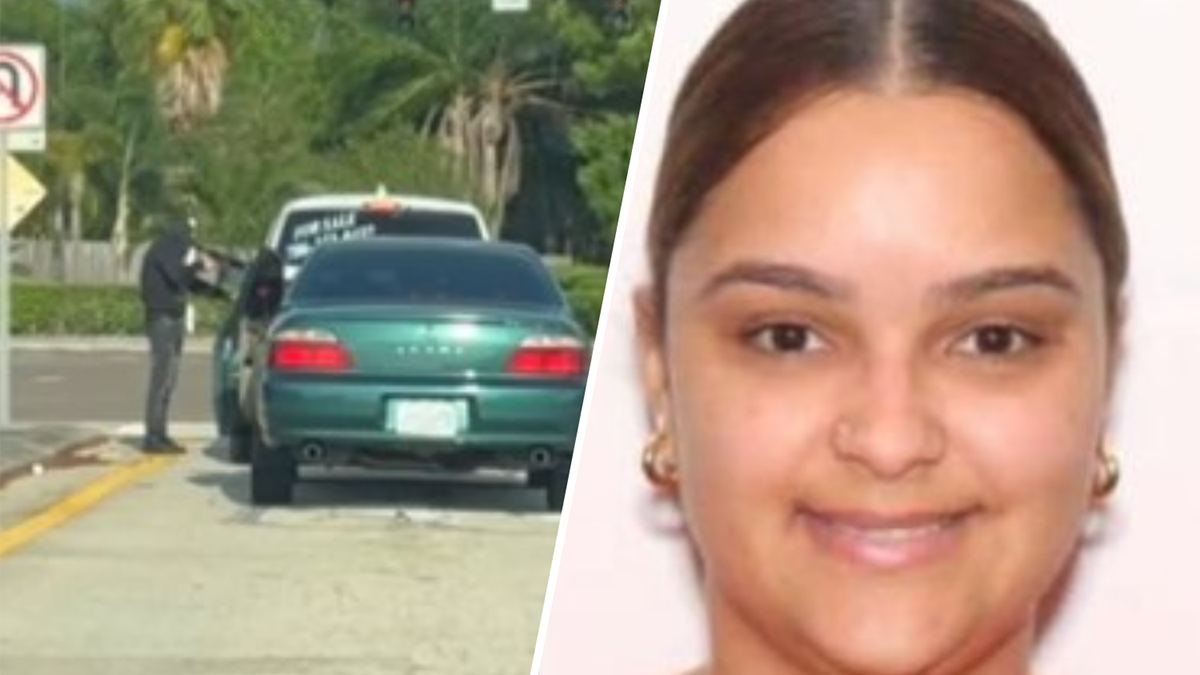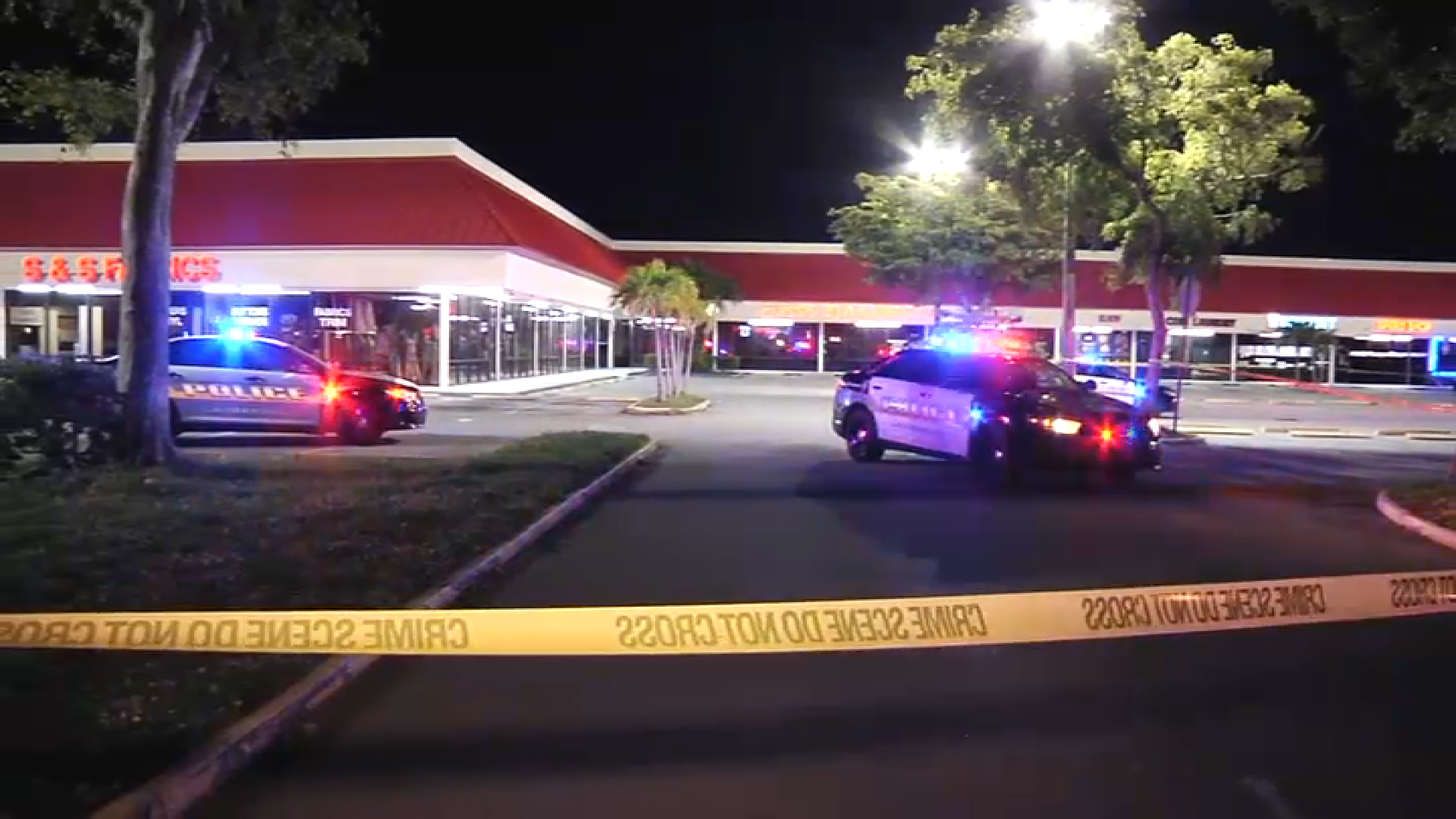As the American flag was raised at the U.S. Embassy in Cuba, in South Florida many families now worry what was built on the backs of their parents and grandparents in Cuba, will end up in the hands of investors out to profit from this new day.
Increased economic opportunities: It's one of the major reasons behind the move by the White House to improve relations with Cuba.
But after five decades, there is further angst over what that could mean for a big chunk of South Florida when it comes to what they owned.
"It's where my grandfather met my grandmother," said Liane de Valle Sanchez, whose family is seeking compensation.
Liane's grandparents were in Cuba before the revolution on the property her grandfather operated as a hotel.
"The properties, the land, the hotel, was all confiscated," Liane said.
With the American flag now raised, Liane and her family is just one of the thousands who want to finally see an actual legal process established for them to either get their properties back, or be paid what they are worth.
"We hope that given the change in the diplomatic relations that have occurred recently, the Cuban government, not necessarily the current one, will be able to recognize the rights of private property owners like us and many others," Liane said.
Presidential hopeful Hillary Clinton at FIU two weeks ago said, "Americans should get their reparations."
Local
The families worry they will be bypassed by American or foreign investors who will now negotiate with the Cuba government and end up with what they say is still theirs.
"We don't believe that it would be prudent for an investor or hotel chain to come in and acquire and develop property that has pre-existing owners. We feel there is a right way and wrong way to go about it," Liane said.
"Adverse possession requires voluntary abandonment. We didn't voluntarily abandon Cuba," said Nick Gutierrez, whose family is also seeking compensation.
NBC 6 watched the ceremony Friday with Gutierrez who works with many South Florida families.
"The government simply does not have clean title to these properties. They can not be offering for sale, or lease, these properties to foreign investors or anybody else. They have to deal with the legitimate owners," Gutierrez said. "Investors should be dealing with owners of these properties that have been stolen, not the folks that stole them. That's what they are doing."
5,900 people were American citizens in the early 60's and filed claims that are already on the books. They stand first in line for any compensation and by the letter of the law, they must be paid before the embargo can be lifted.
Now they wait to see whether that will become reality.



